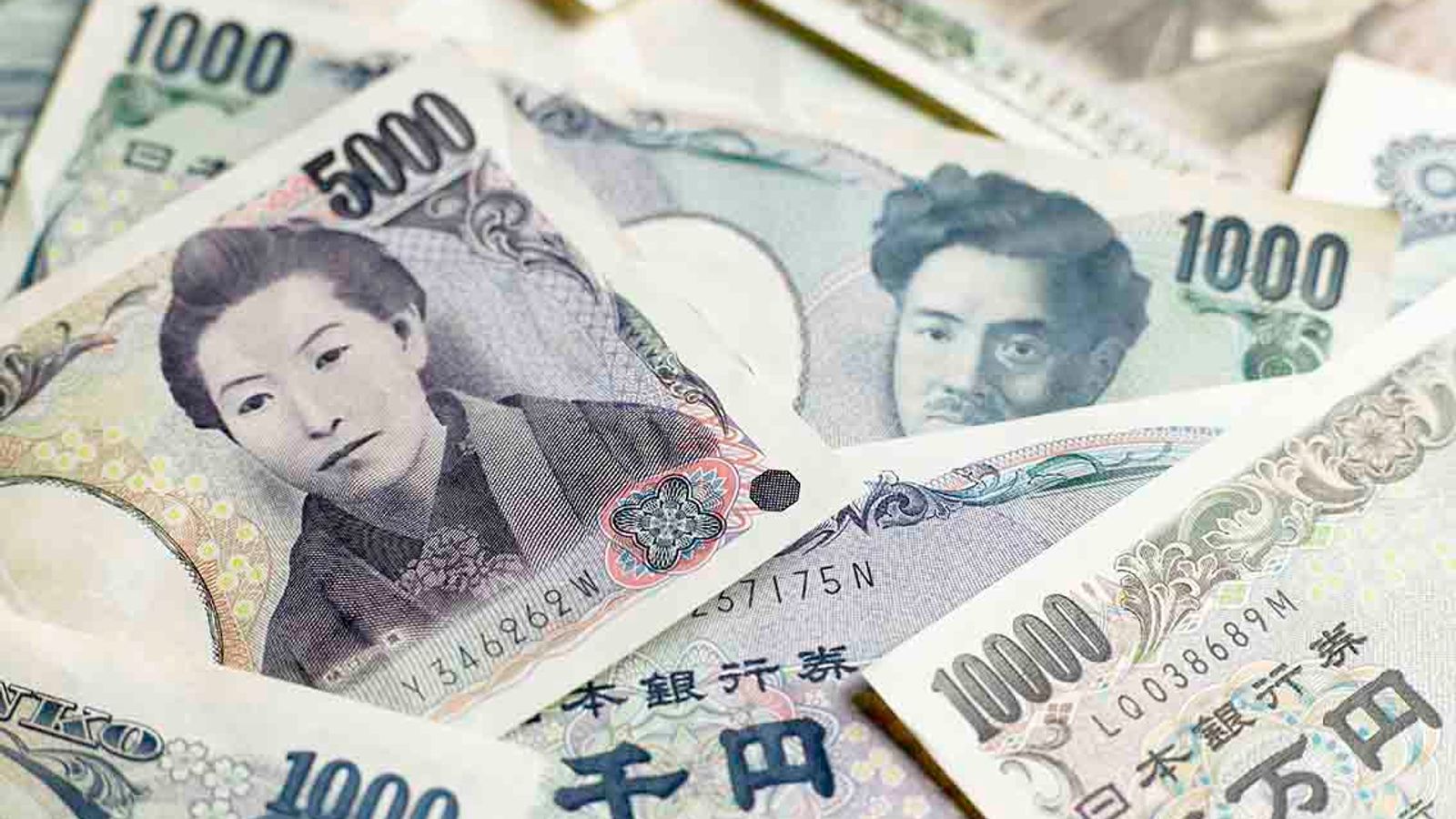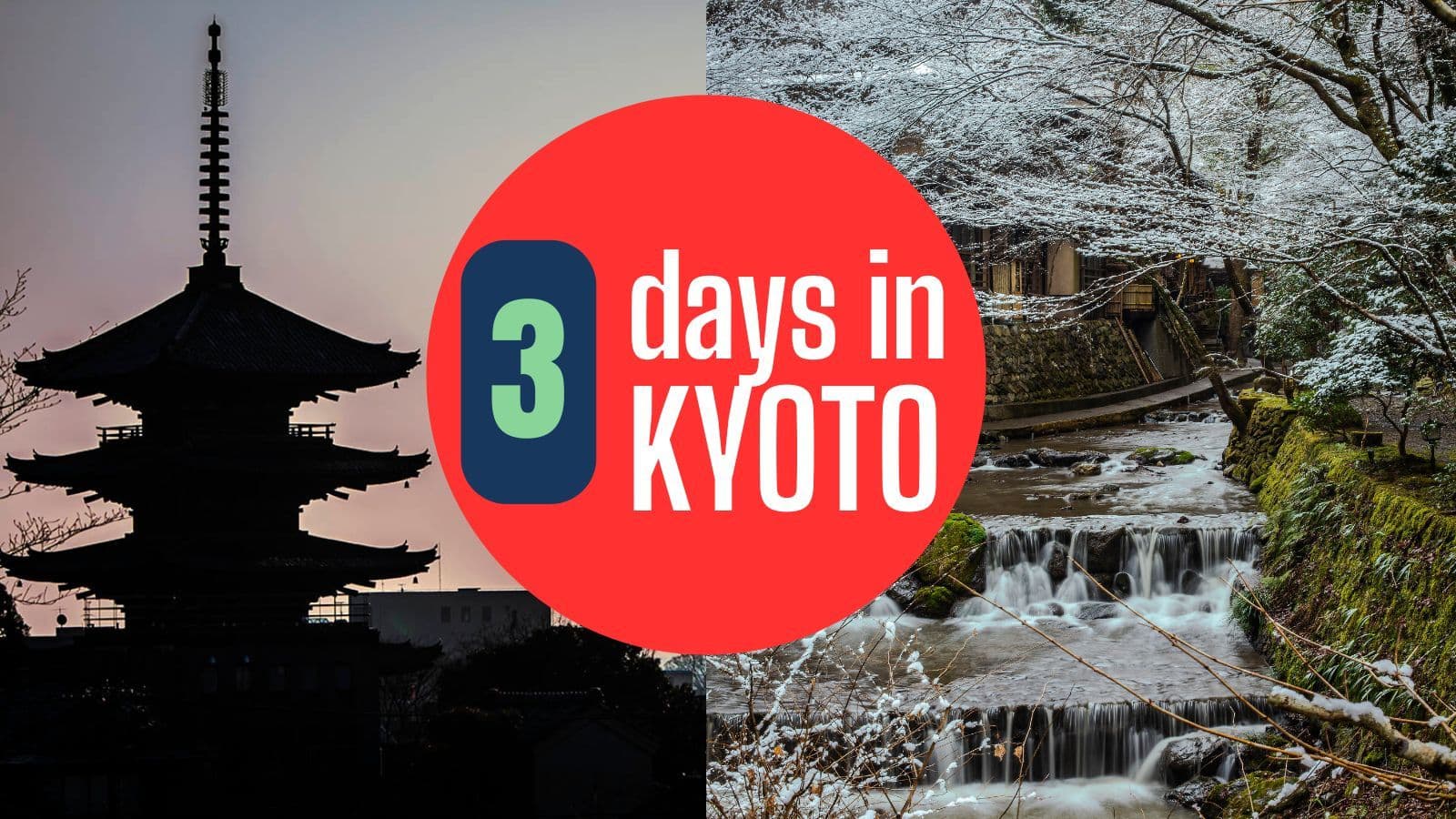

Table of contents:
Real Japanese wages have changed very little over the last 30 years. Despite this, real wages in developed countries have continued to increase since the early 1990s. Even though Japan the third-largest global economy, company salary practices haven't changed have been stuck in the past. What has caused Japan to experience such stagnant low salaries? This article investigates the key reasons that have been holding Japan back from wage increases.
Japan’s Bubble Economy (1986 - 1991)
The last time Japanese wages saw a large boost was when the country experienced intense economic growth between 1986 - 1991. This period is known as the bubble economy. In 1960, as part of Japan's post-war economic growth, the government introduced the Income Doubling Plan, which boosted incomes and increased quality of life for many company employees. However, this period of intense economic growth triggered high asset prices, rising spending, and credit debt. People today still talk about the extravagance of the bubble economy period. Back then, Japan offered employees competitive salaries with big bonuses and various perks. However, by 1993, salary upward trends eventually hit a wall when the average annual income dropped below the previous year's level. Since then, salaries have remained mostly stagnant, sometimes and in some periods, even declining.
Japan’s Salary Average
In 2022, Japan ranked 25th out of 38 member countries. In 2023, the average yearly salary in Japan was 6.17 million yen (US$41,363 according to September 2023 exchange rates), a figure that has changed very little for almost three decades. Japan is the only developed nation in the Organization for Economic Co-operation and Development (OECD) to experience such prolonged wage stagnation.
Low Japanese wages
In fact, Japan has some of the lowest wages of all OECD countries. Even major European economies like Germany, France, and Britain, along with neighboring South Korea, have higher average wages than compared to Japanese wages. Meanwhile, the country shares its position with economies like Poland, Estonia, and the Czech Republic. However, anyone thinking of moving to Japan should keep in mind that the cost of living matches low average Japanese wages. This makes it possible to live comfortably on an average salary.

What Are the Causes of Low Japanese Wages?
Several factors contribute to Japan's low average wage. The country's prolonged deflation, unique employment practices, and a lack of workplace innovation all play a role in keeping salaries low.
Unique Employment Practices in Japan
One major factor is Japan's unique employment practices. Traditionally, many Japanese companies have offered lifetime employment, which means they rarely fire employees unless the company goes under. This makes it challenging for companies to freely raise wages, as once increased, it's tough to lower them. In contrast, the United States allows companies to hire and fire more easily, which can lead to higher salaries. However, most companies have come to realize that maintaining lifetime employment is no longer viable and they are gradually moving away from this model.
The Seniority System and Retirement Allowances
Japan also uses a seniority system that rewards employees based on their age and years of service, which can deter job changes for better opportunities and specialization. This is setting the Japanese system apart from the Western companies that tend to reward employees based on on-job performance. Additionally, Japan's retirement allowance system frequently discourages people from changing jobs, and this lack of job movement lowers economic competition by eliminating the need for competitive pay incentives.
The Role of Education
Education has a significant impact on Japan's wage landscape. Many Japanese individuals are raised to fit the Japanese-style employment system, which can hinder independent thinking and problem-solving skills. Japanese students are often pushed to find the "right" answer throughout their schooling, limiting their ability to question and think independently, contributing to wage stagnation.
Gender Wage Gap
The wage gap between genders is stark in Japan. In 2022, men earned 22% more than women in the same employment position, which is the 4th highest gender gap in the OECD countries. Women in Japan often find themselves ushered into lower-paying, part-time, or temporary contract positions, especially in industries like retail, hospitality, and caregiving. This occupational segregation means they have limited access to higher-paying roles and career advancement opportunities.
Gender discrimination and bias in the workplace also contribute to the lower wages. Women may face unequal treatment in terms of promotions, pay raises, and opportunities for skill development. Stereotypes about women's abilities and commitment to work can also contribute to the wage gap. Much of this gender-based discrimination comes from perceived traditional gender roles and expectations, which persist in modern Japanese society. These traditional views can often discourage women from pursuing high-paying careers in male-dominated fields or advancing to higher positions within their careers.
Push for Higher Wages in Japan
Japan's stagnant wages are facing pressure for change, especially with rising prices due to the pandemic. Prime Minister Fumio Kishida has urged businesses to increase salaries to help workers cope with higher living costs. While some companies have responded, many still prefer to raise total pay, including bonuses, instead of base pay. Higher wages are crucial for achieving the government's inflation target of 2%. Without more companies increasing base pay, Japanese workers' purchasing power is likely to continue to decline.
In conclusion, while some Japanese companies are increasing salaries to retain skilled employees, many others have not followed suit. As the cost of living rises, the pressure is mounting for Japan to address its unique wage stagnation issue and align its salary practices more closely with the rest of the developed world.
Popular Articles


Tokyo Favorites: 20 Must-Do Experiences for Travelers

Kyoto Bike Tours: Discover the City’s Hidden Gems with Noru

Kyoto 3-Day Itinerary: Best Things to Do for First-Time Visitors

Universal Studios Japan Tickets: Your Guide to Visiting USJ

Find Out What Japan Really Thinks of Foreign Tourists

Manga Explained: Top Recommendations for Beginners
FAQs
No FAQs available for this post.
Loading Comments...

James Saunders-Wyndham
I've been immersed in Japanese culture and daily life for over 30 years and am proud to call Japan my home. Originally from Australia, my journey has taken me from teaching at Japanese universities to traveling extensively across the country, uncovering its hidden gems. As a web developer, I built Romancing Japan from the ground up to share these experiences with you. Whether it's the charm of old Kyoto, the pulse of Tokyo, or the tranquility of the countryside, I love helping others discover the magic of Japan—one story at a time.
Popular Articles

Tokyo Favorites: 20 Must-Do Experiences for Travelers

Kyoto Bike Tours: Discover the City’s Hidden Gems with Noru

Kyoto 3-Day Itinerary: Best Things to Do for First-Time Visitors

Universal Studios Japan Tickets: Your Guide to Visiting USJ

Find Out What Japan Really Thinks of Foreign Tourists
